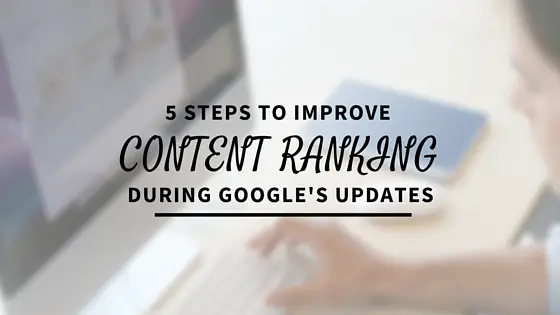Shweiki teams up with Alicia Lawrence, content coordinator for WebpageFX, as she conducts an interview with expert internet marketing specialist Katie Kelly about the best practices for pay-per-click ads.
The premise of pay-per-click (PPC) ads is that a company pays a fee every time their ad is clicked. PPC ads are most commonly seen on the top or right-hand corner of Google search engine.
Using PPC Ads VS. SEO
A business’s goals will determine whether they should spend money on PPC ads or invest in ranking their site organically in the search engine. PPC and SEO can actually work very well combined together. Studies show that when an ad and organic listing appear on the same page, the overall click-through rate to the website will increase. However, if a business is in a position where they can only invest in one method or the other, it is best to use this general rule of thumb:
If a business is just starting out, they should invest in paid search or PPC. PPC will allow the business to drive results more quickly and build up revenue. The extra revenue earned can then be used for search engine optimization (SEO).
If a business is more established online and has a really strong website, they can create great content for it and get rankings in a shorter period of time.
The different types of PPC ads:
PPC ads can be the following:
- Text ads
- Product listing ads
- Image ads
- Video ads
A business should determine which ad to use based on the network in which they are advertising. For example, if the business is using the search network, they would use text and product listing ads. The display network can use all of the different types of ads except for the product listing ads.
Best Practices When Creating PPC Campaigns
There is a lot to consider when creating or optimizing a PPC campaign. The first thing is to put keywords into groups after someone has selected them. This practice allows one to write relevant ads for them. After launching a campaign, it is important to monitor keywords used to see what’s working and what’s not. One can adjust what he or she is paying for clicks based on the ad performance.
For example, Kelly’s company recently helped a business with a continuously running PPC campaign that was not being maintained much. Kelly helped them refine and optimize it month after month. After a while, the business was spending half of the original amount of money but getting double the results.
Tricks for Creating PPC Campaigns
The first trick to creating a strong PPC campaign is making sure one has a really strong call to action on the landing page. When the user gets to the page, they should know immediately what there next step should be (filling out a form, calling a number, downloading something, etc.). It is also best if as much of the important messaging information and the user benefits of the products and services as possible are placed above the fold. Lastly, one should make sure that the message is consistent from the ad to the landing page.
Keyword Research VS. PPC Campaign Keywords
On a large scale, the theme of keywords will simply not to change too much. The biggest thing to keep in mind with PPC keyword research is that one will be paying for every single click that happens for the ad. This corresponds directly with the keywords being selected. Therefore, with PPC, when one is just starting out or if he or she has a lower budget, it’s best to pick keywords that indicate a user that is closer to making a transaction.
For instance, say someone runs a magazine called Interior Design and they want to select keywords that maximize their exposure for the least amount of money possible. Instead of bidding on a keyword like “interior design ideas” which could cost a lot of money and not even drive conversions, they should try bidding on a term such as “interior design magazine subscriptions.”
On the other hand, if one is using SEO, he or she does not have to pay for every click. Therefore with SEO, one has the opportunity to go after more of those informational queries as well as the more competitive terms that would cost a lot of money in PPC.
TWEETABLE FACTS:







